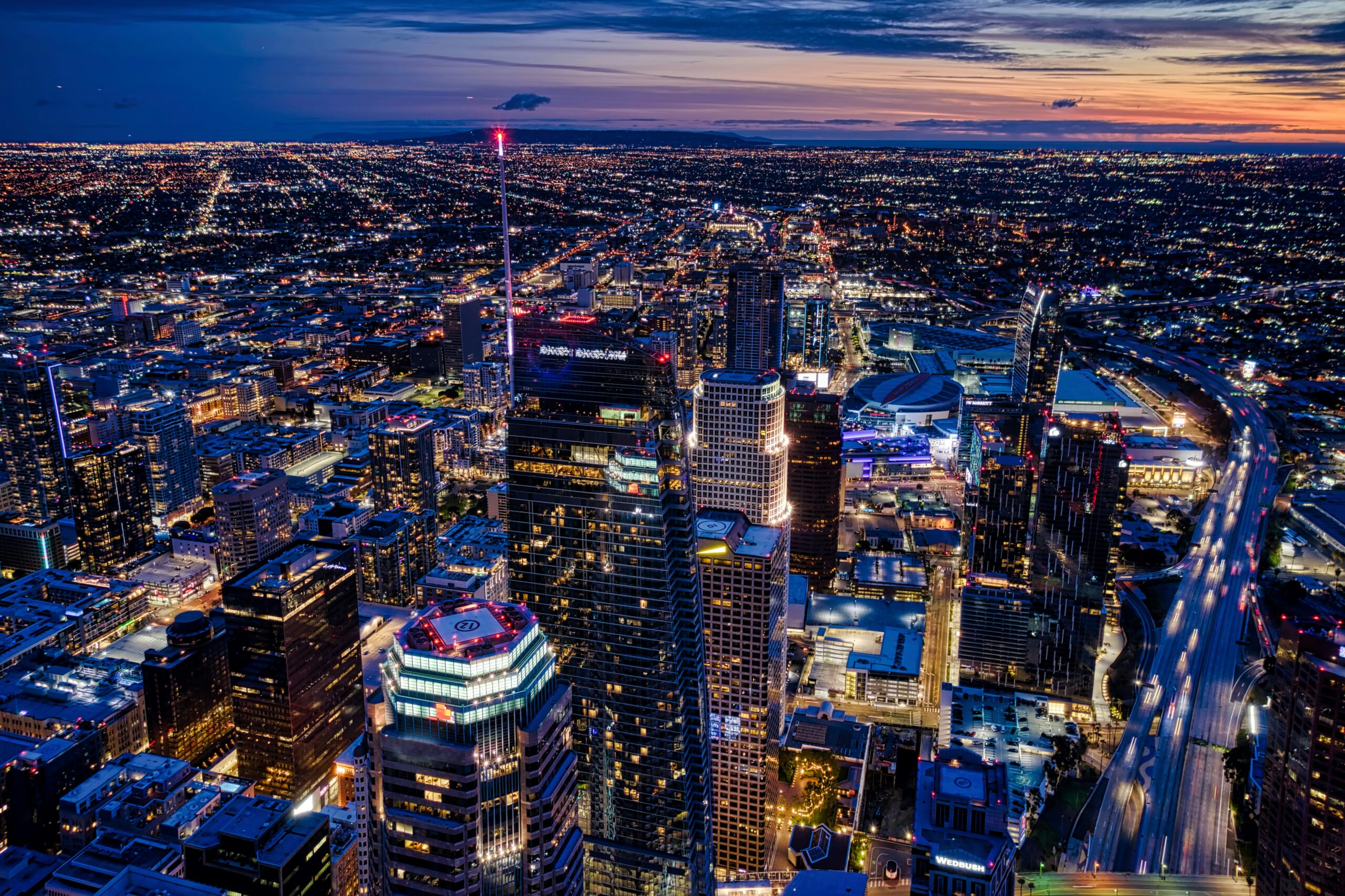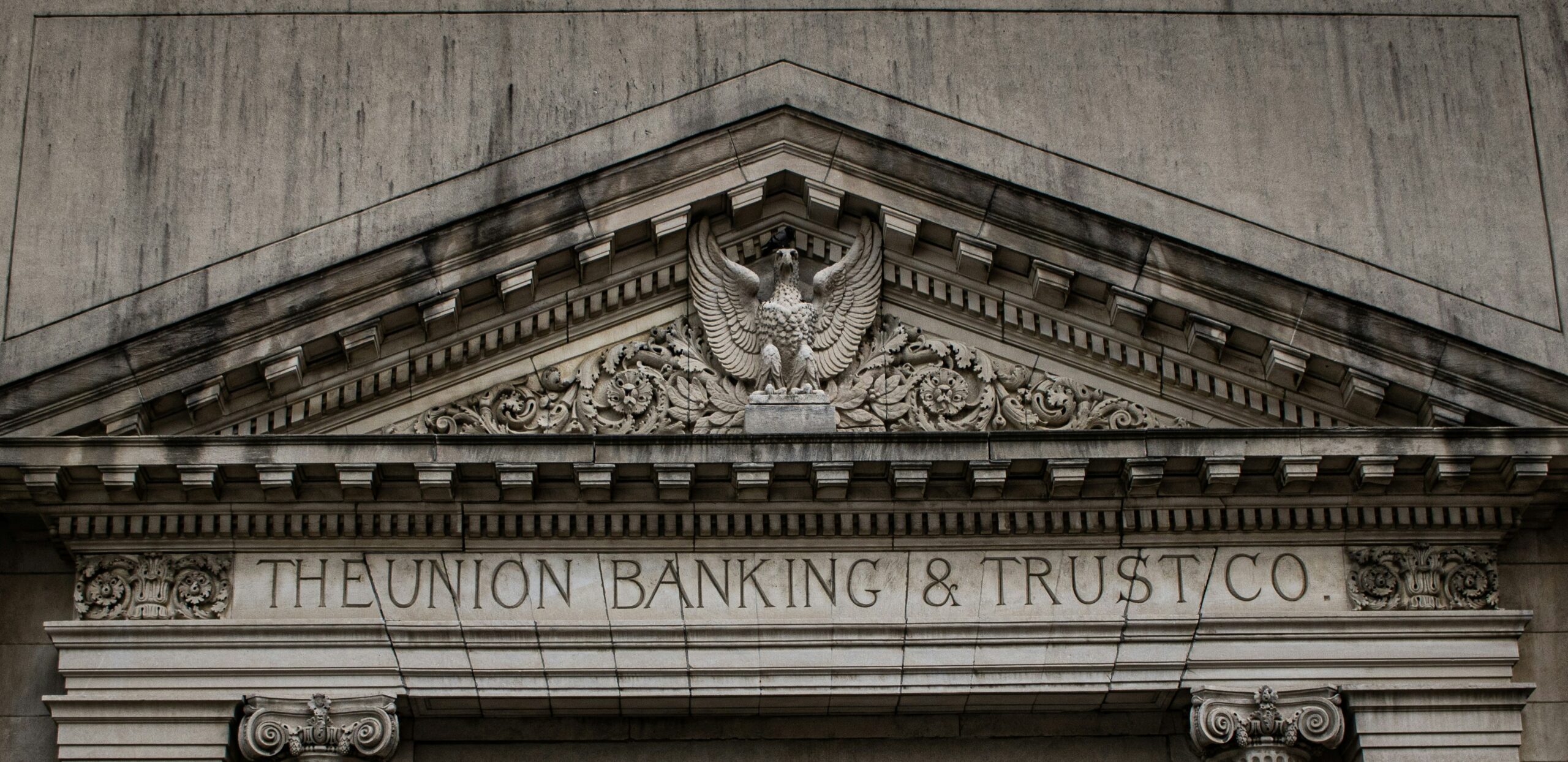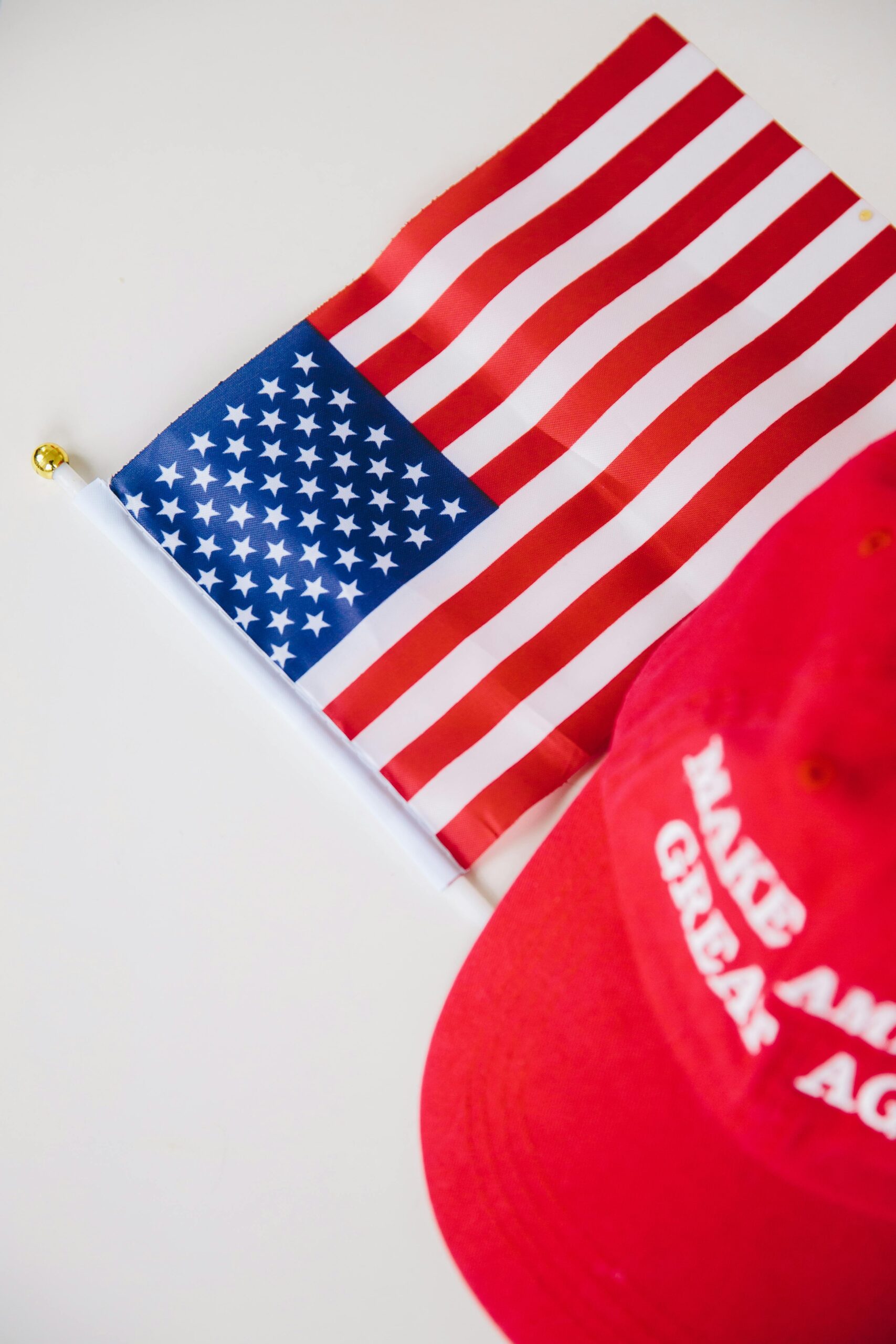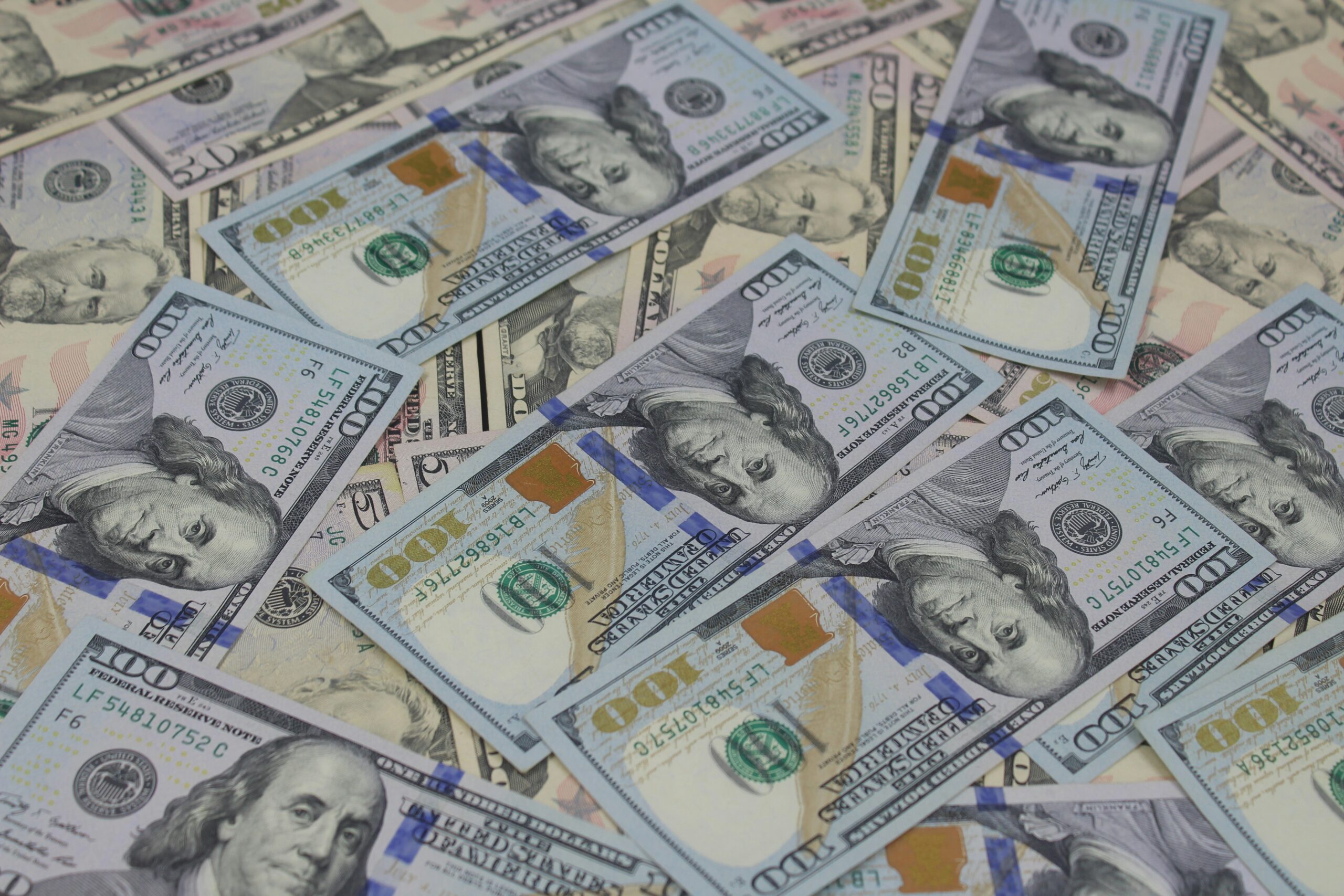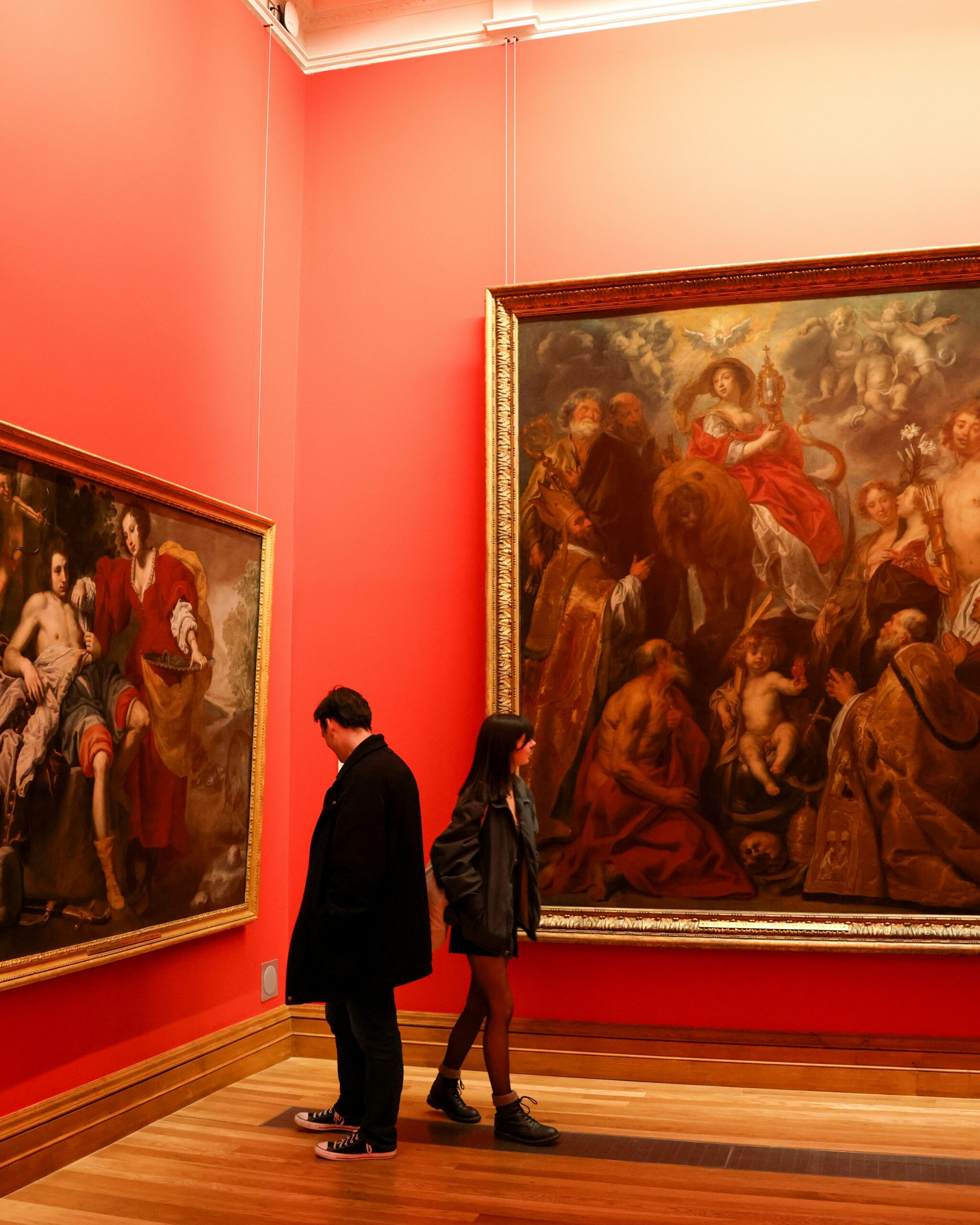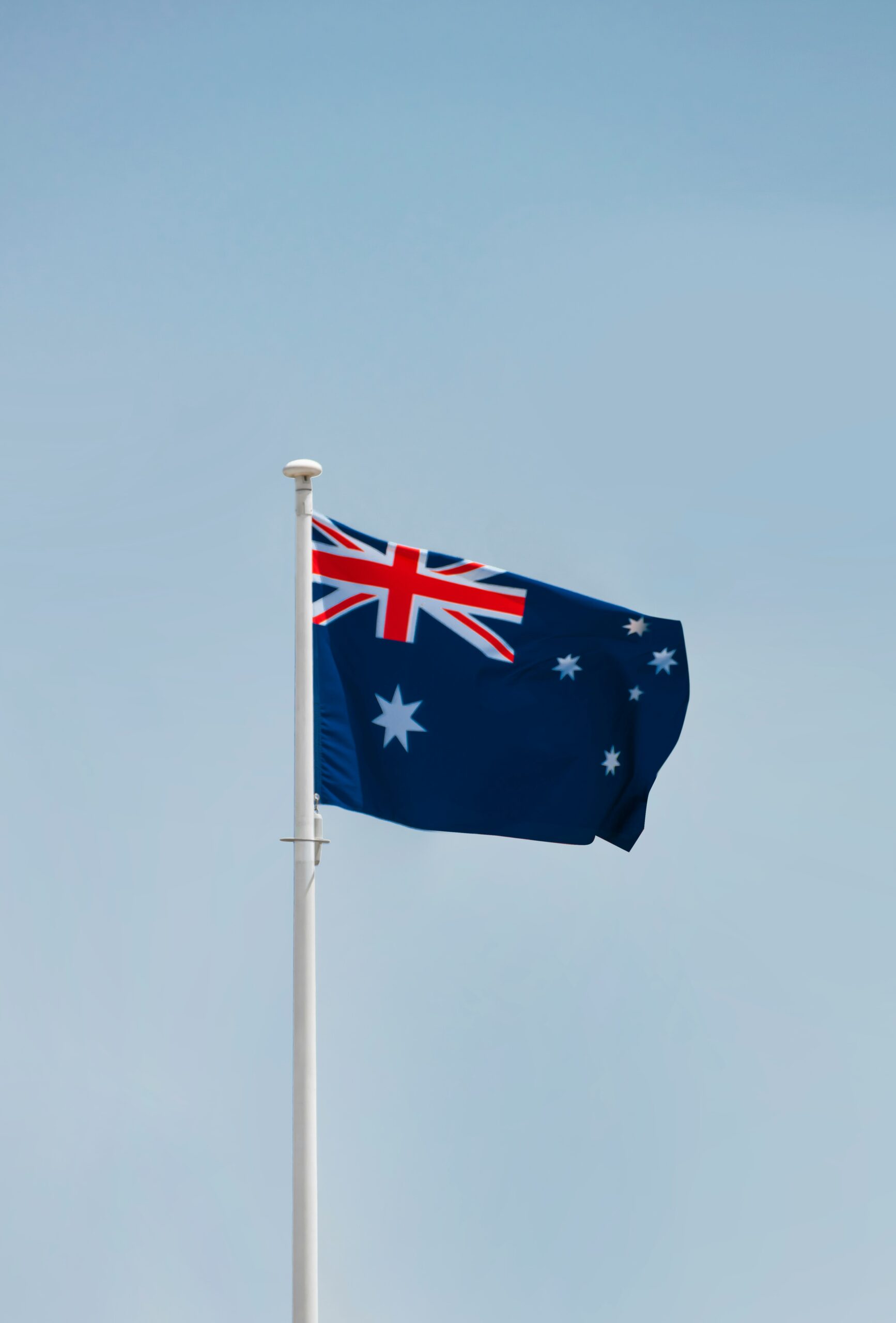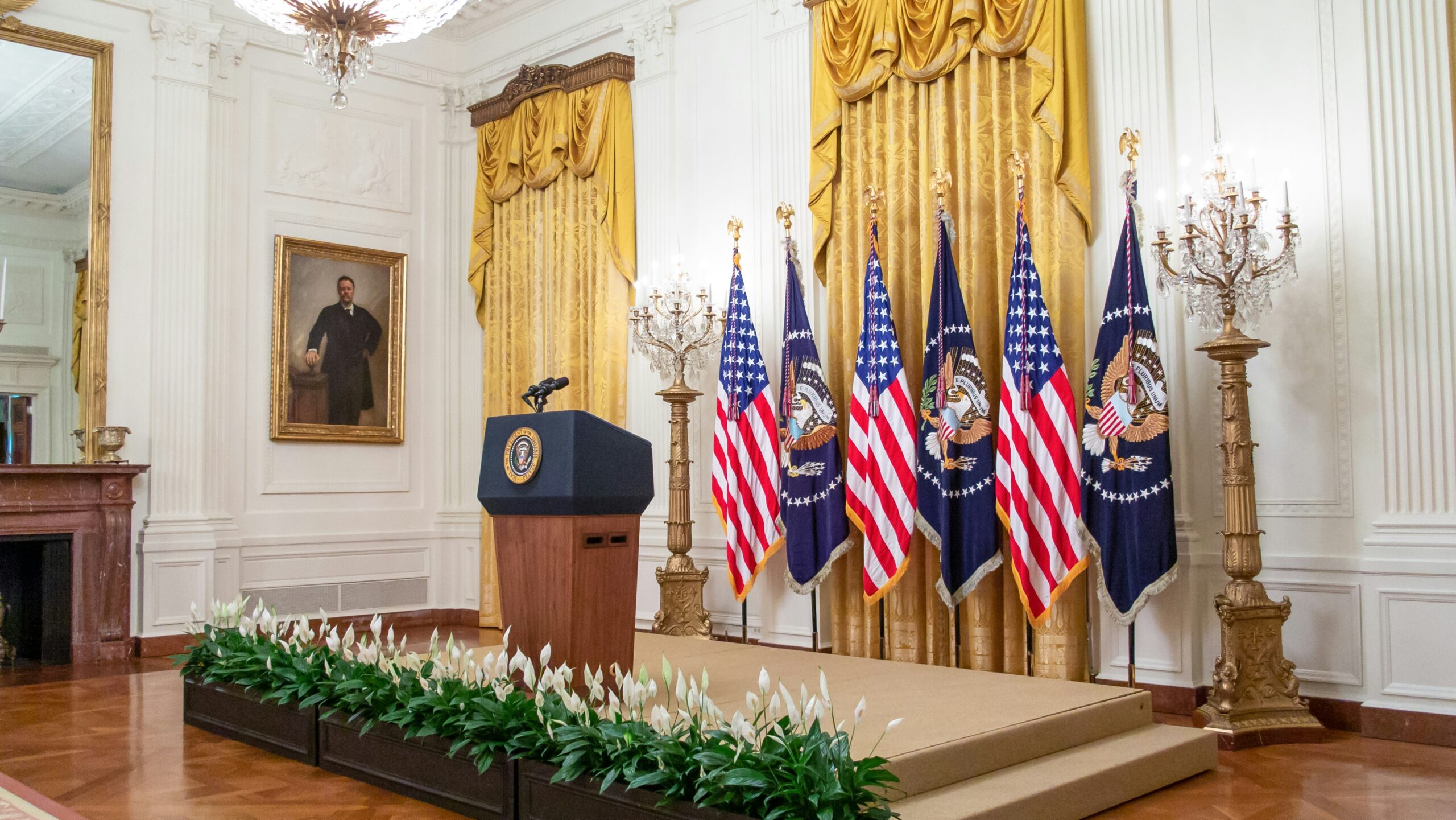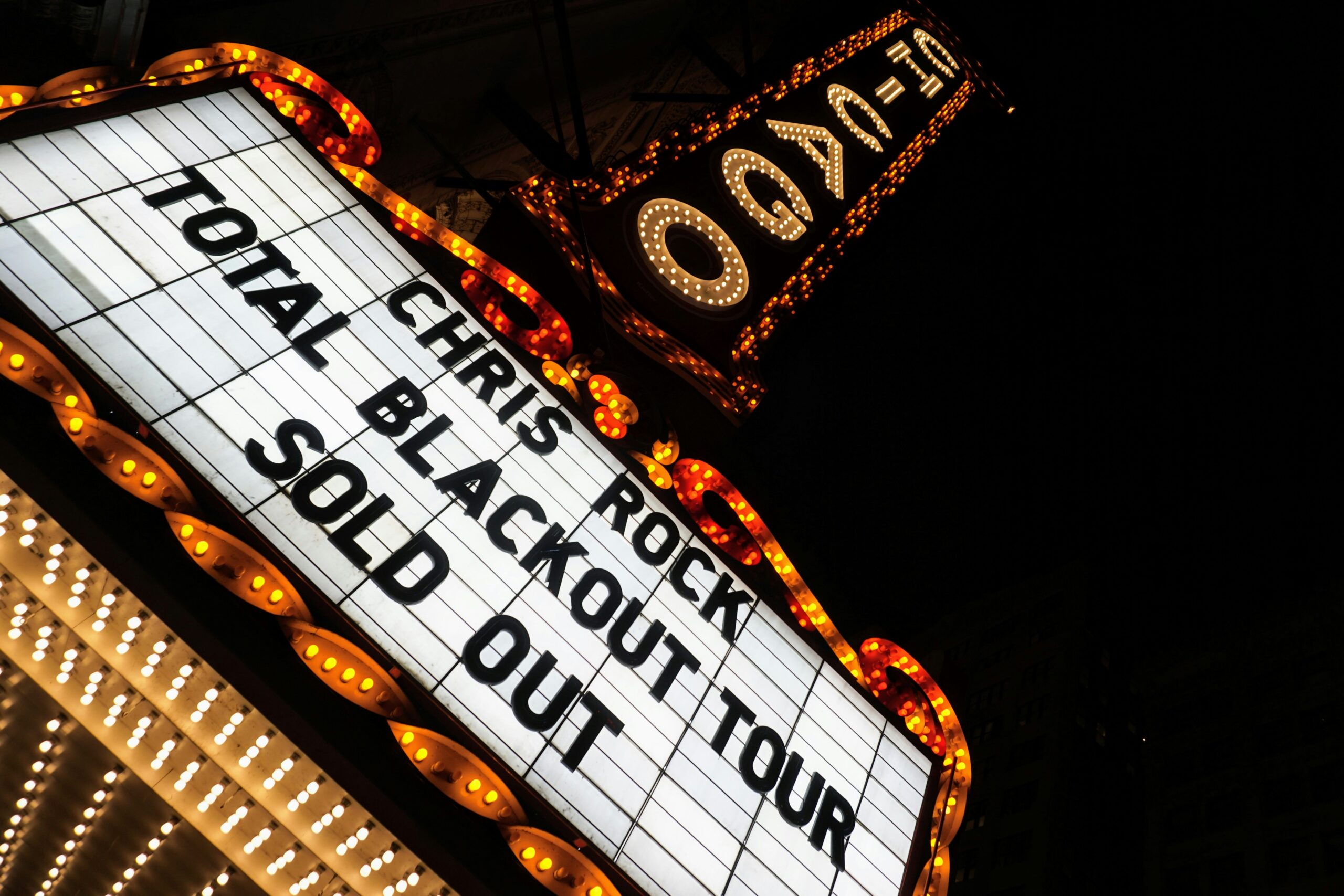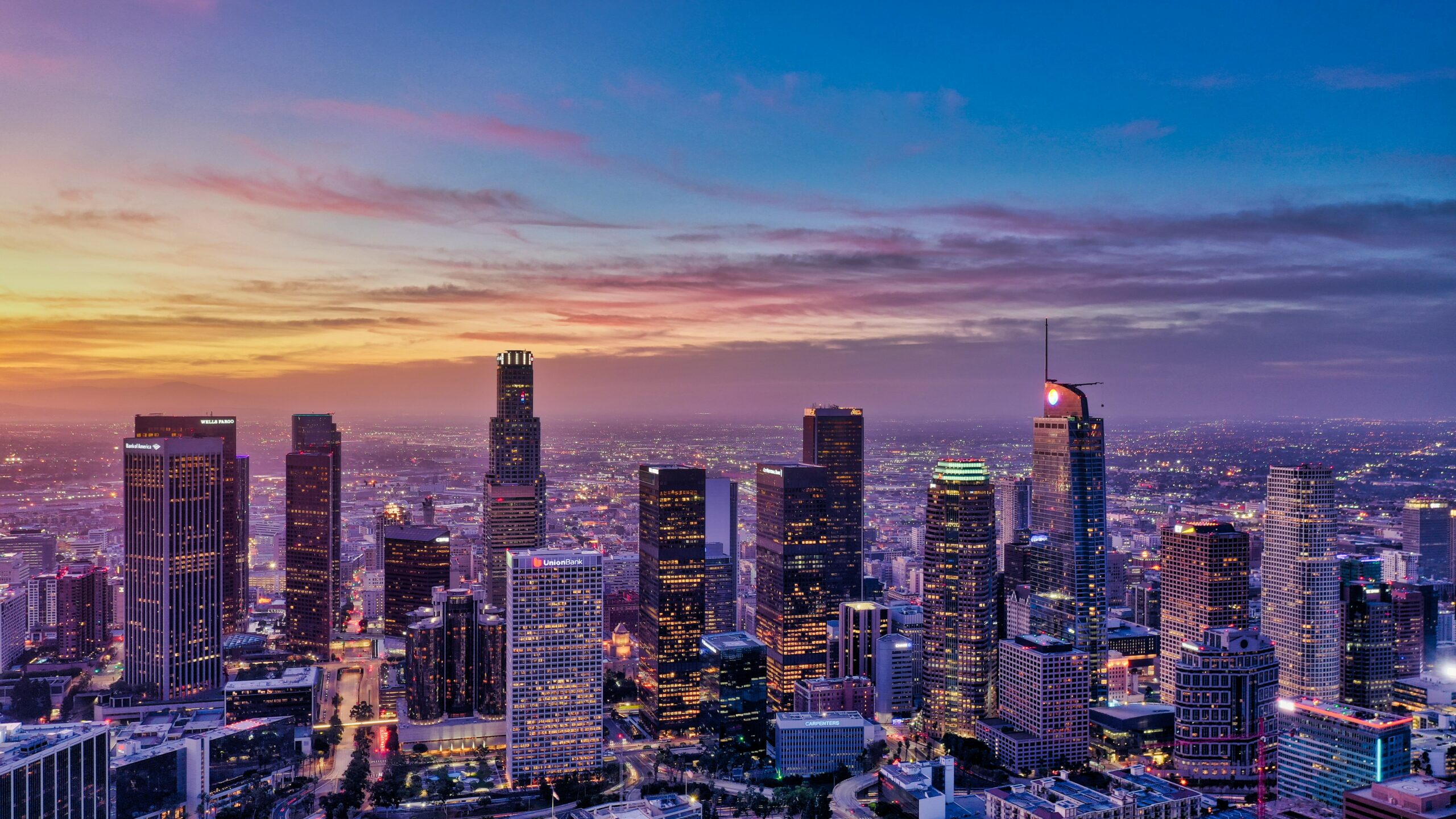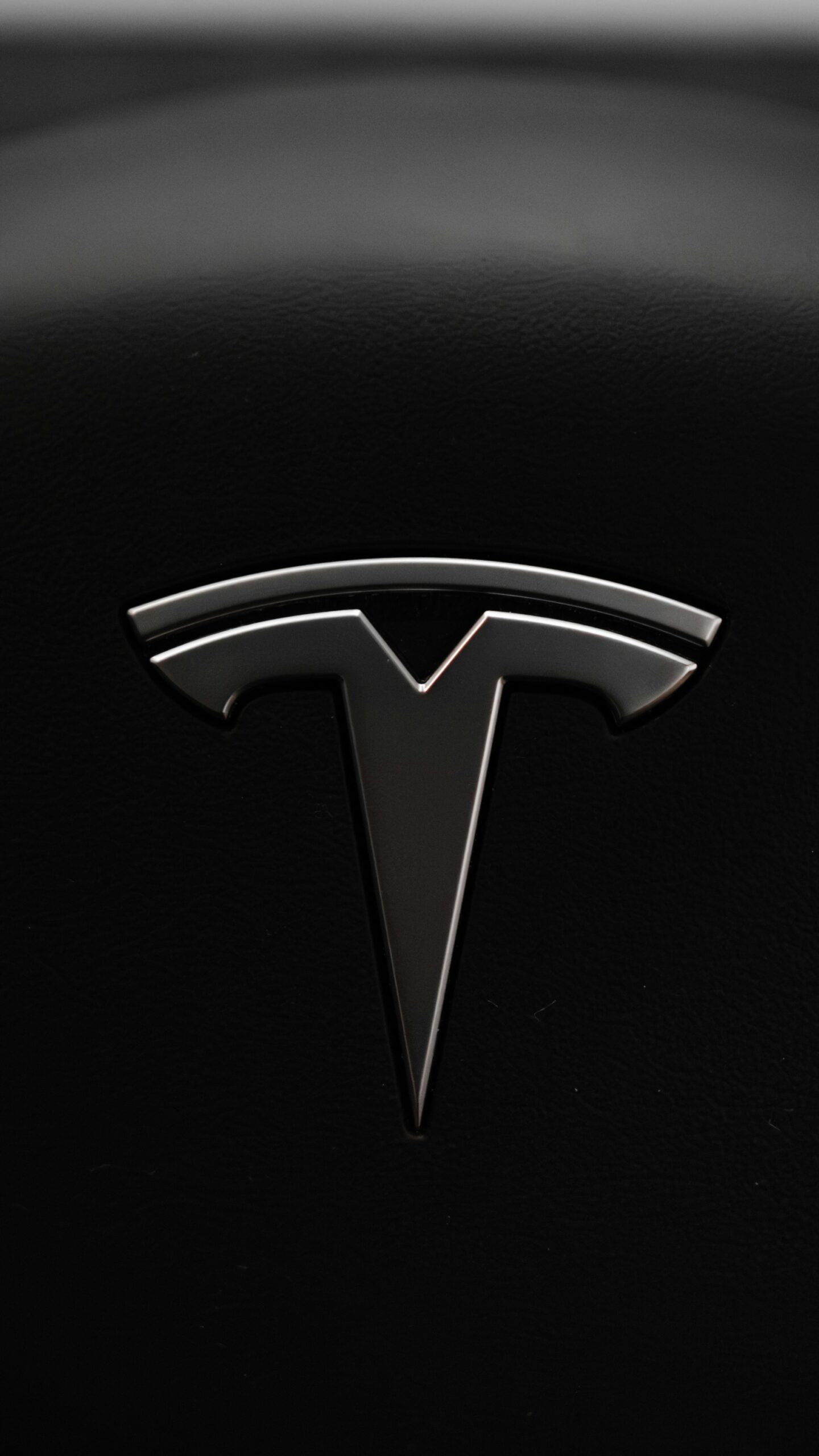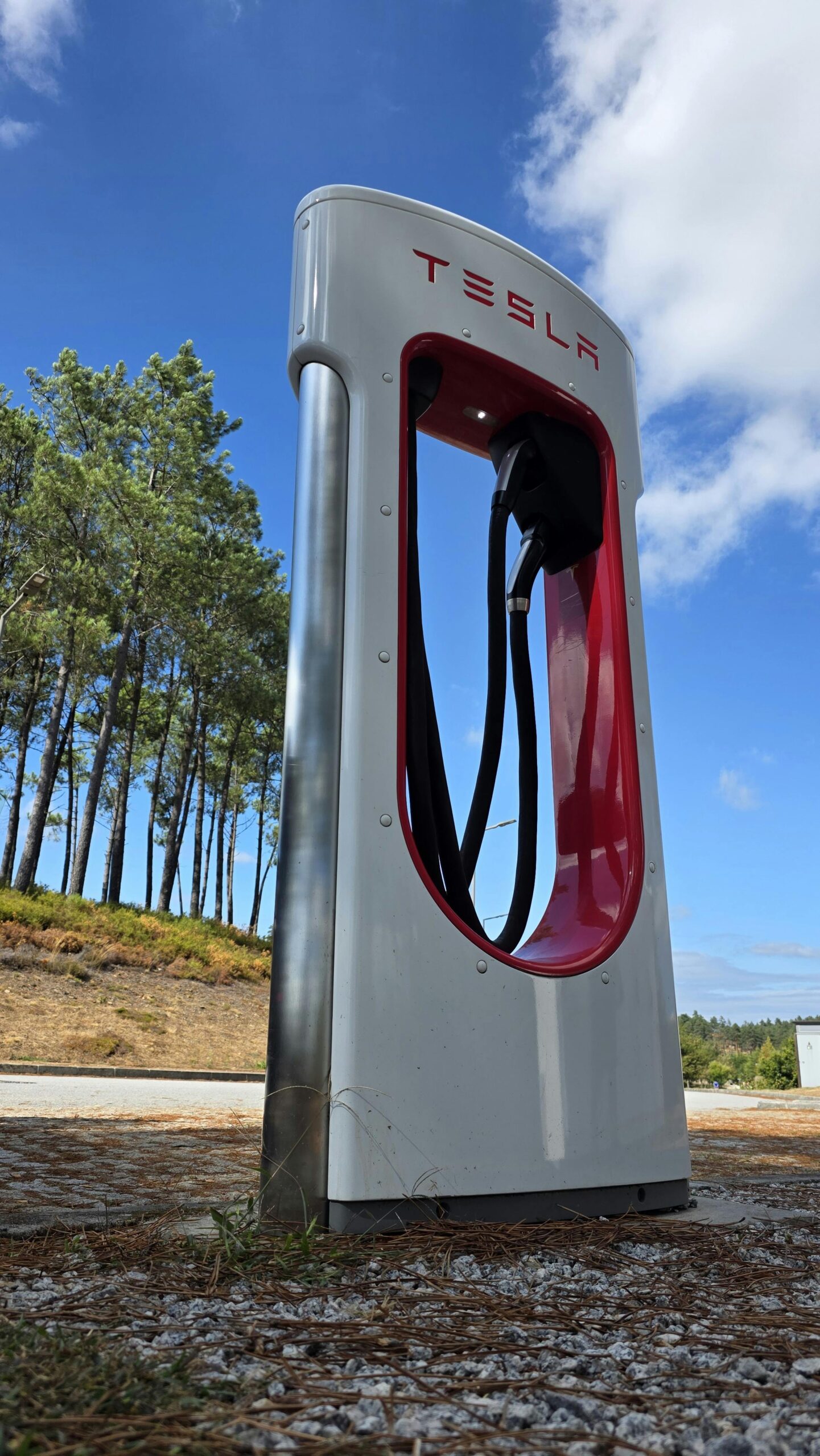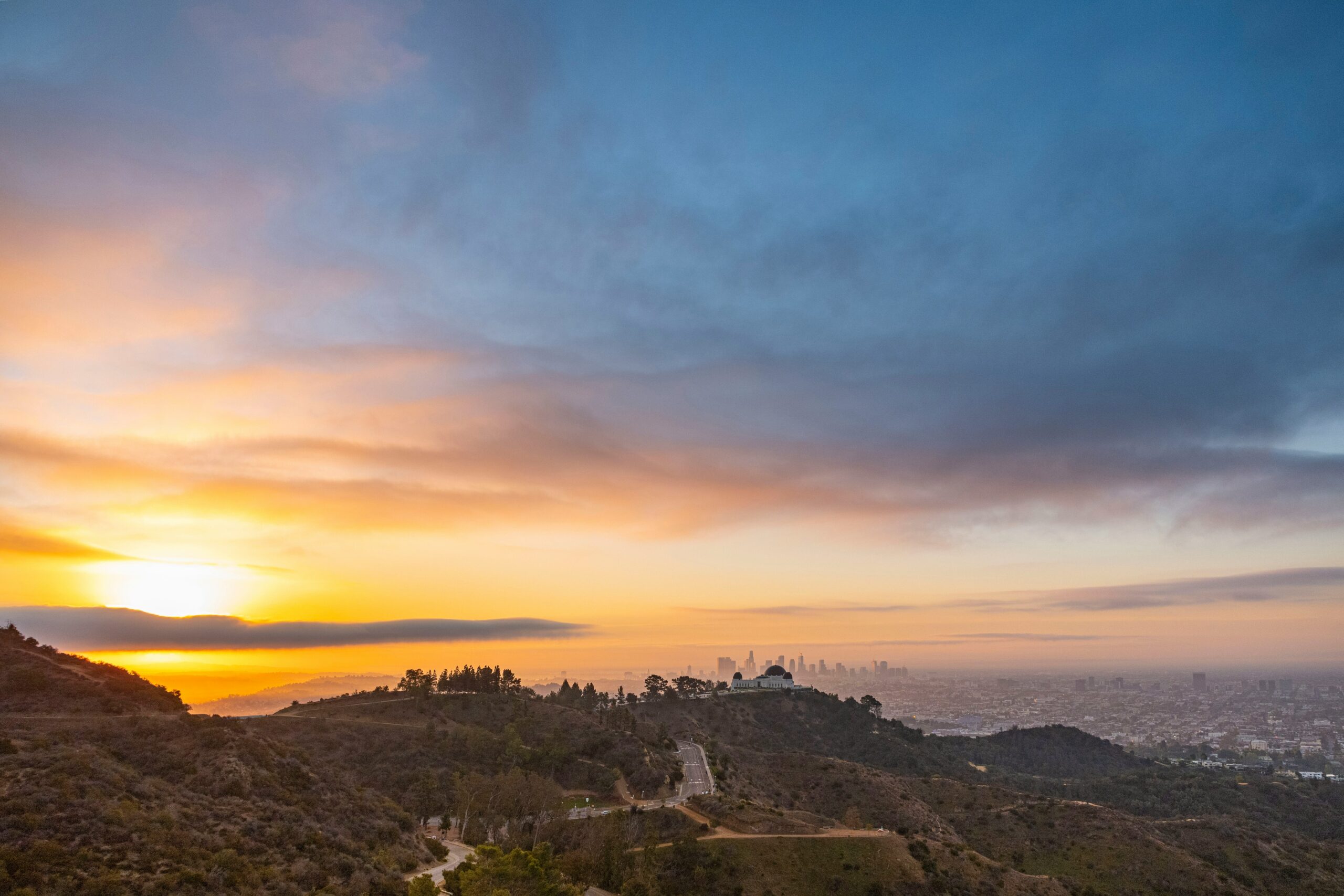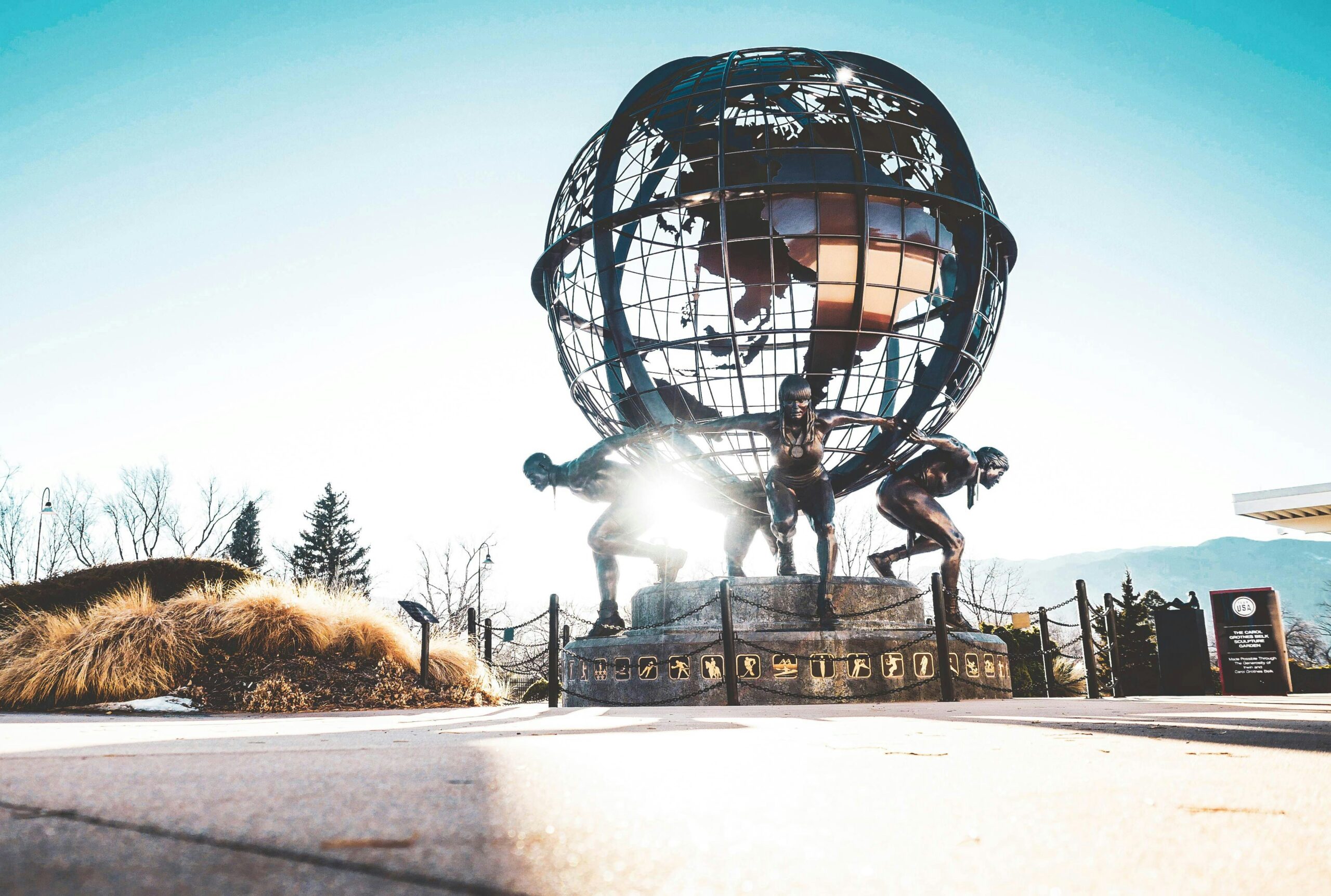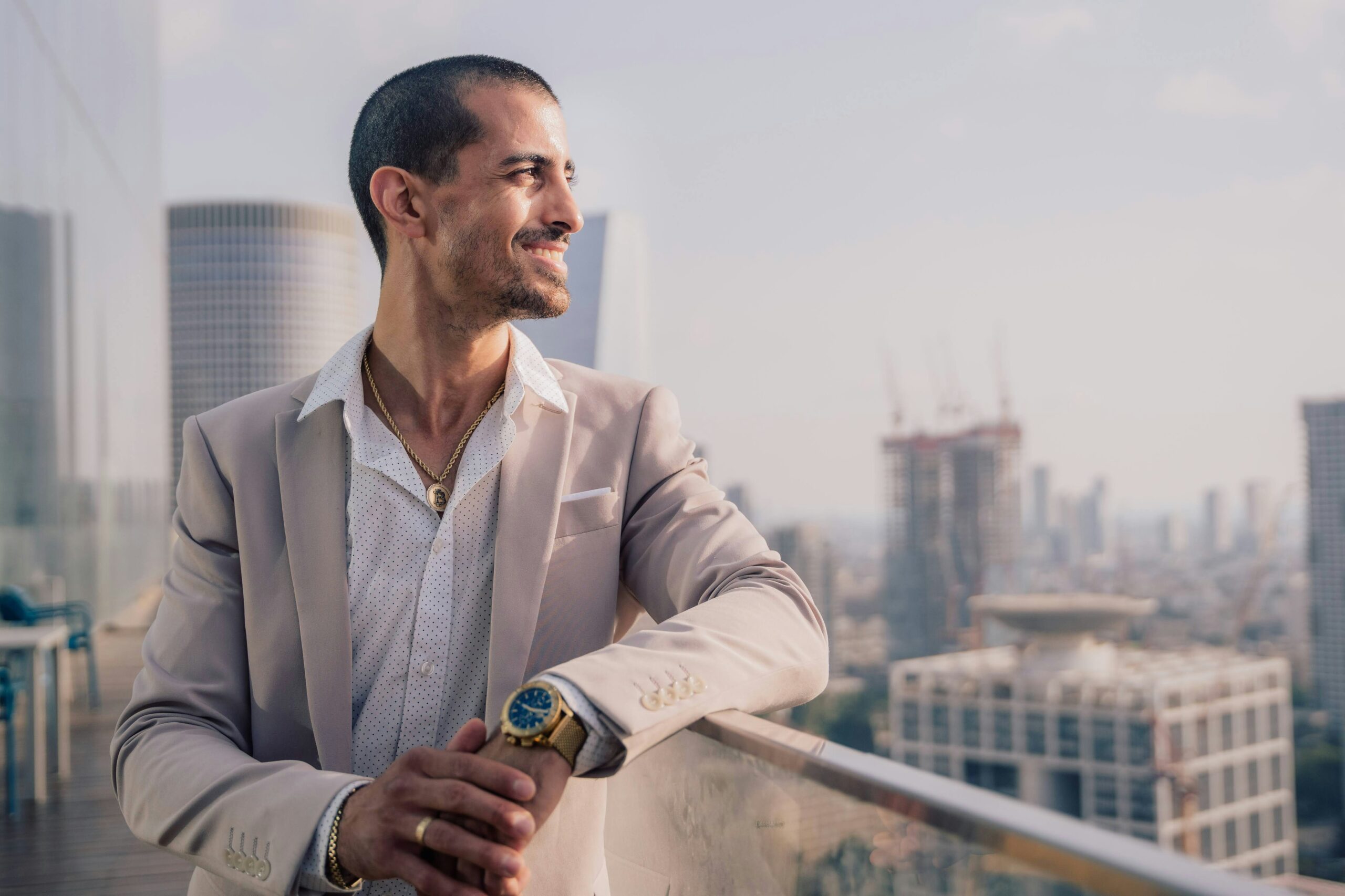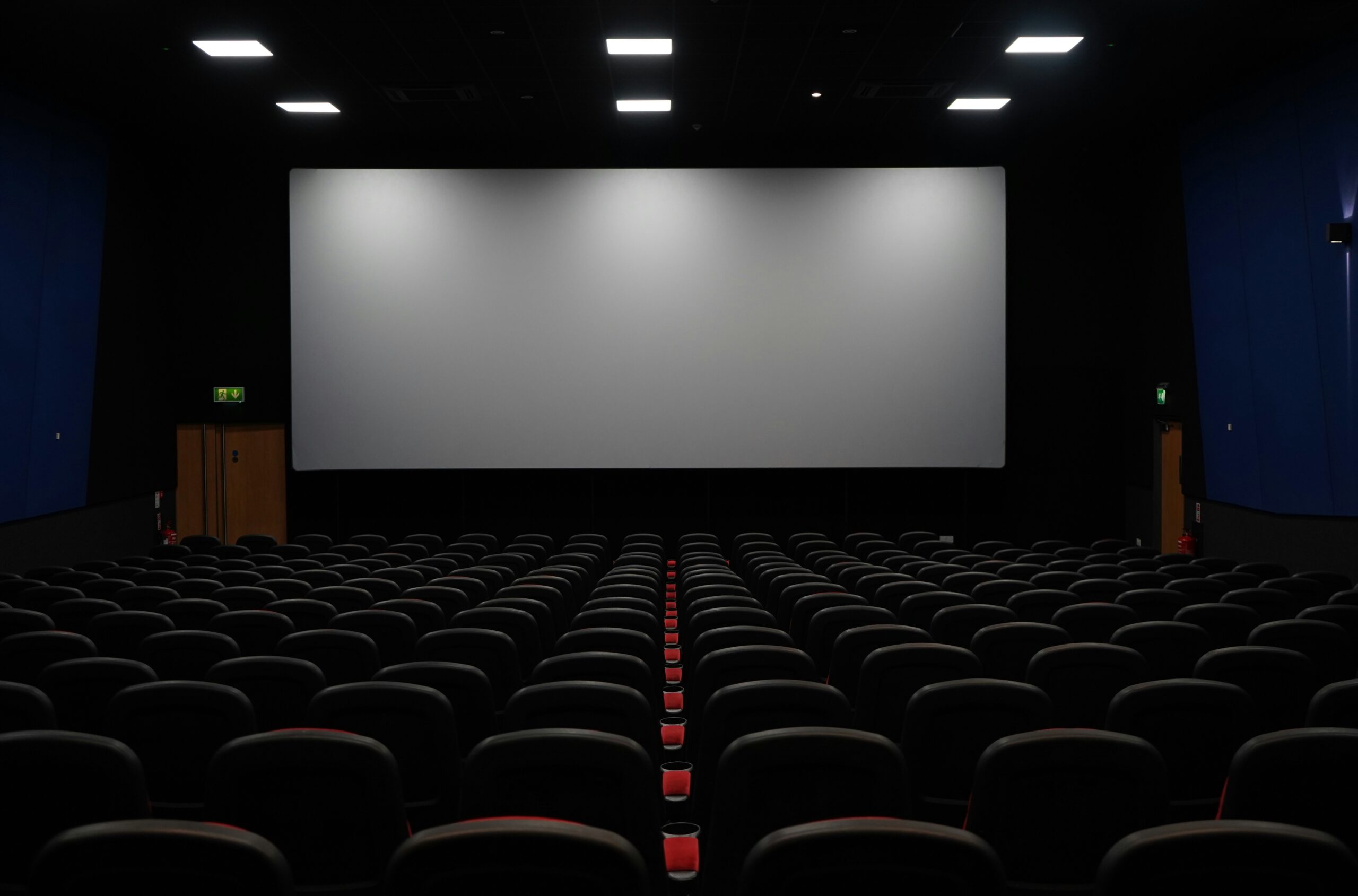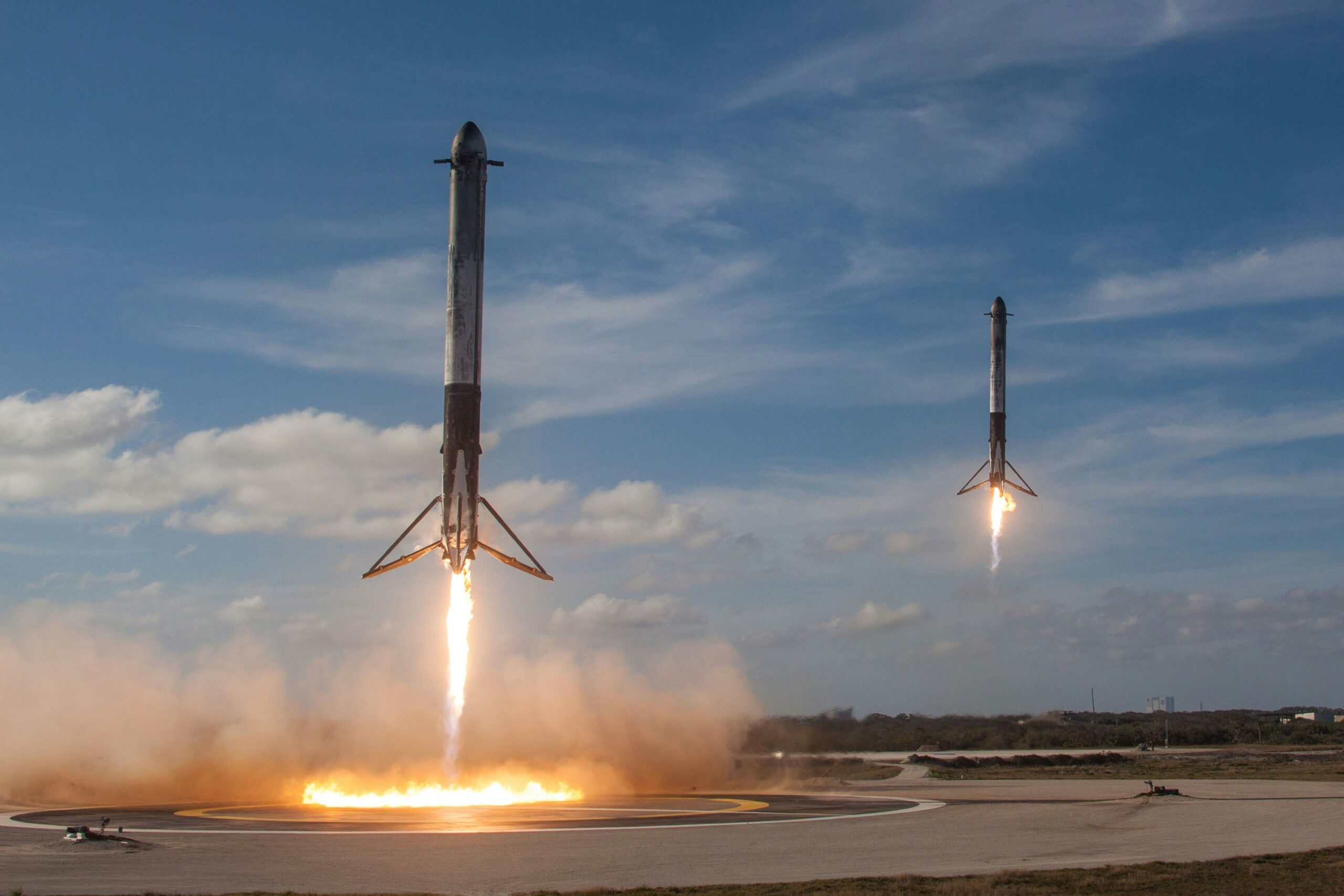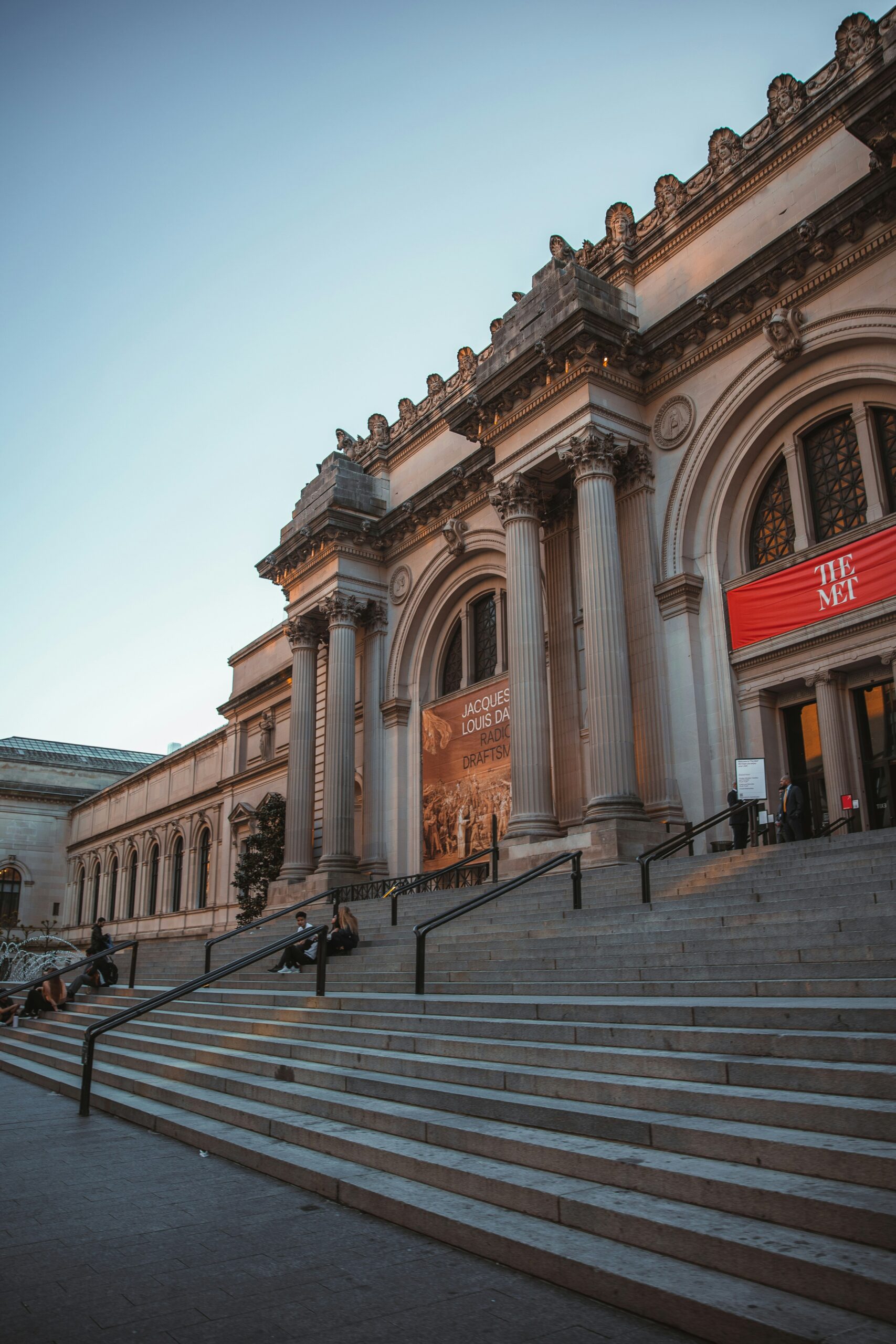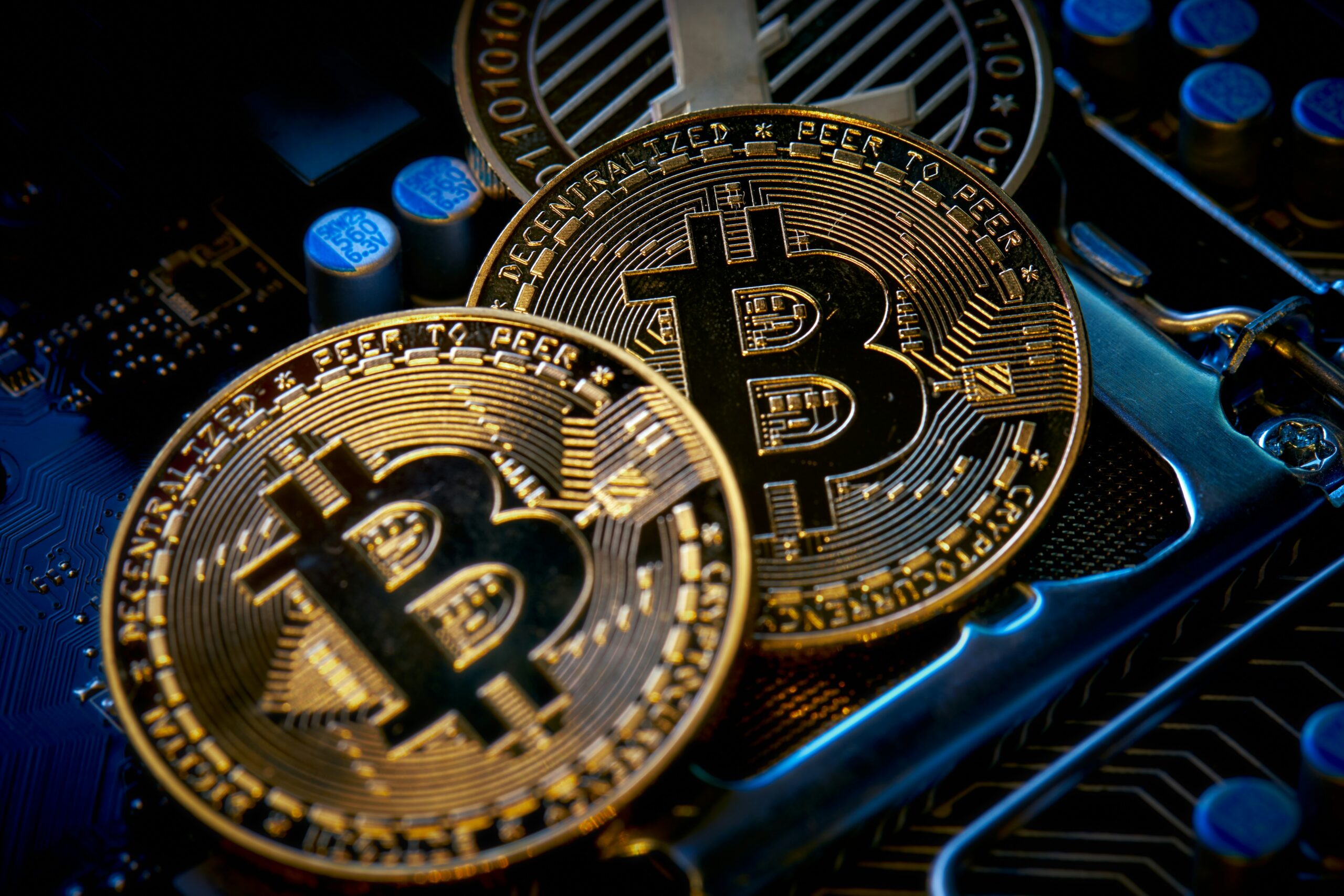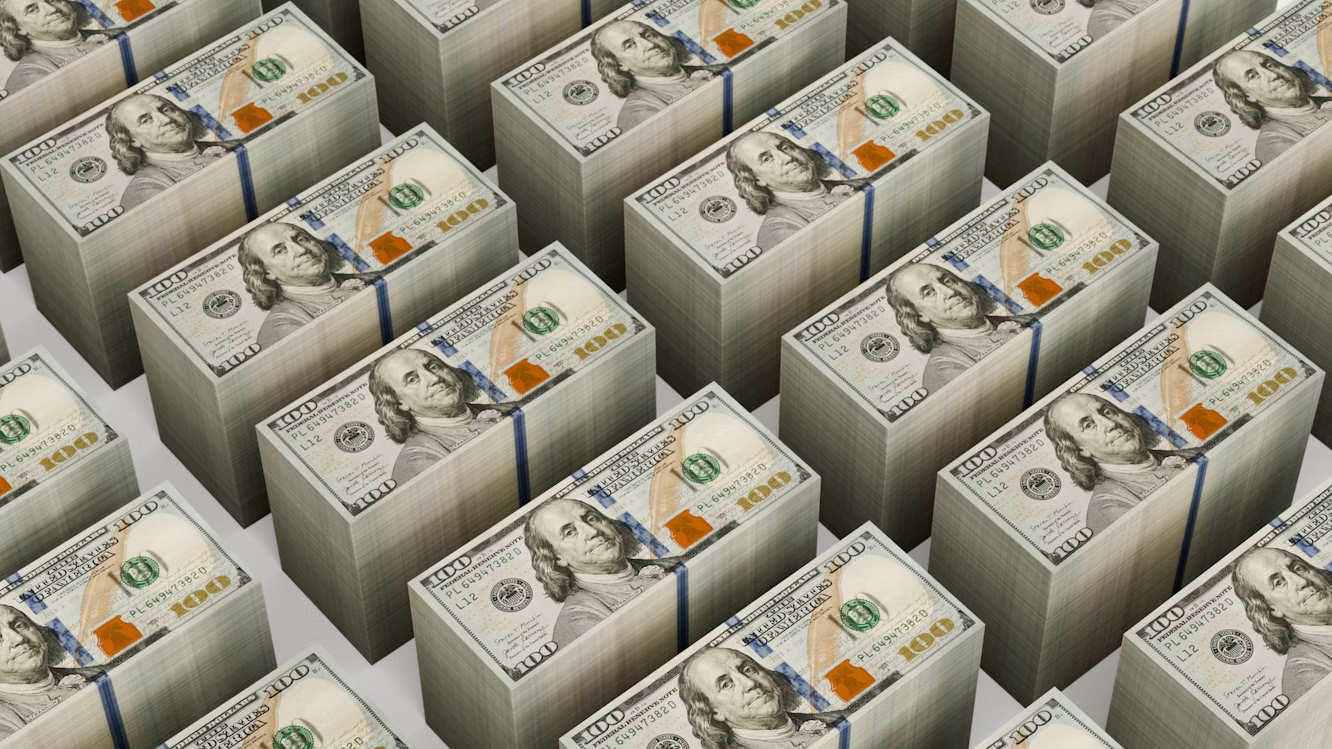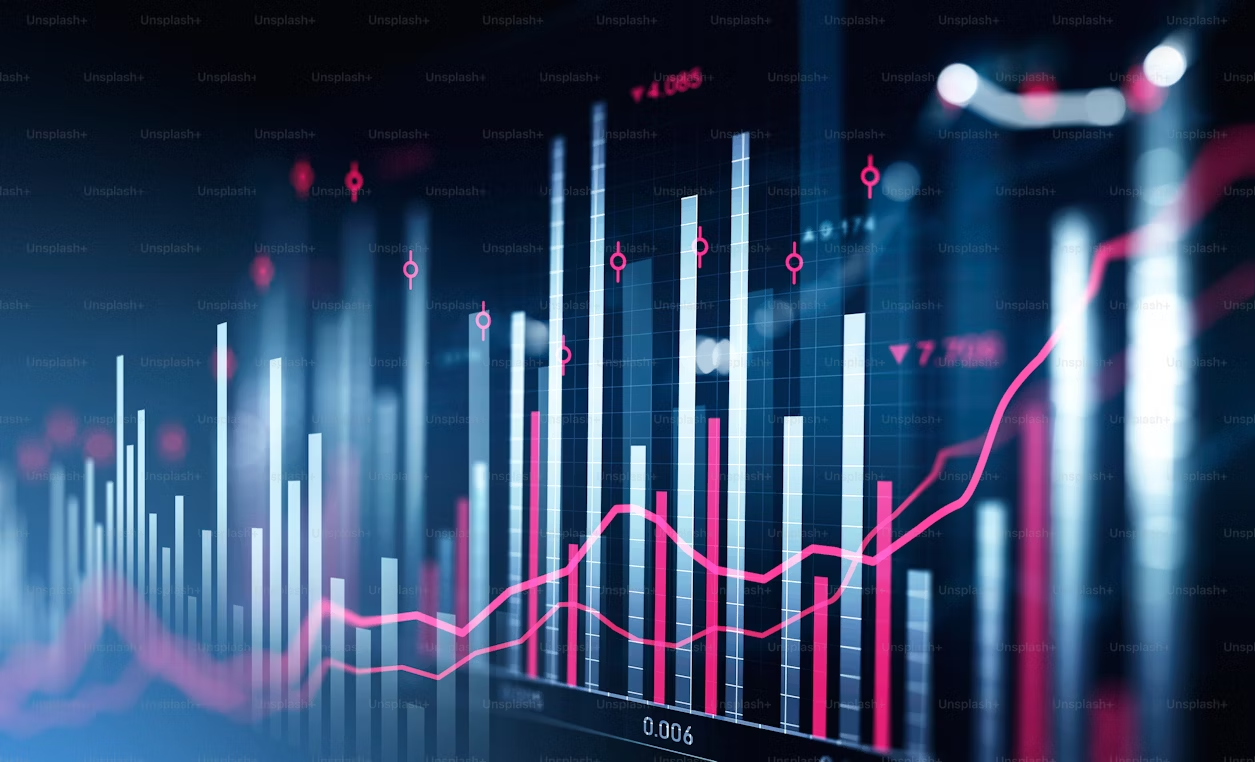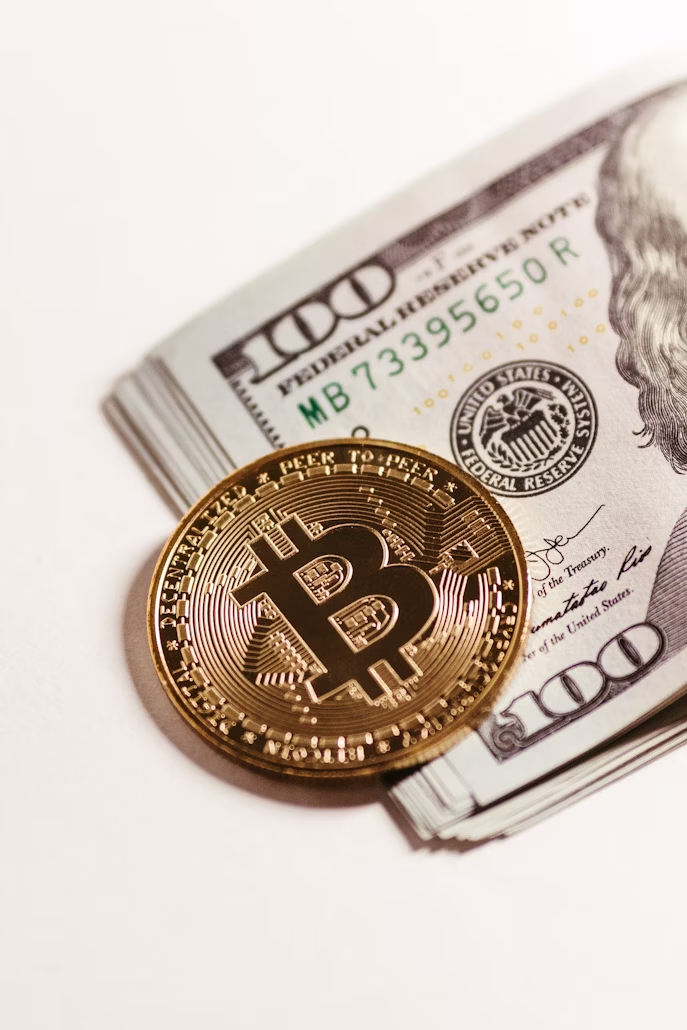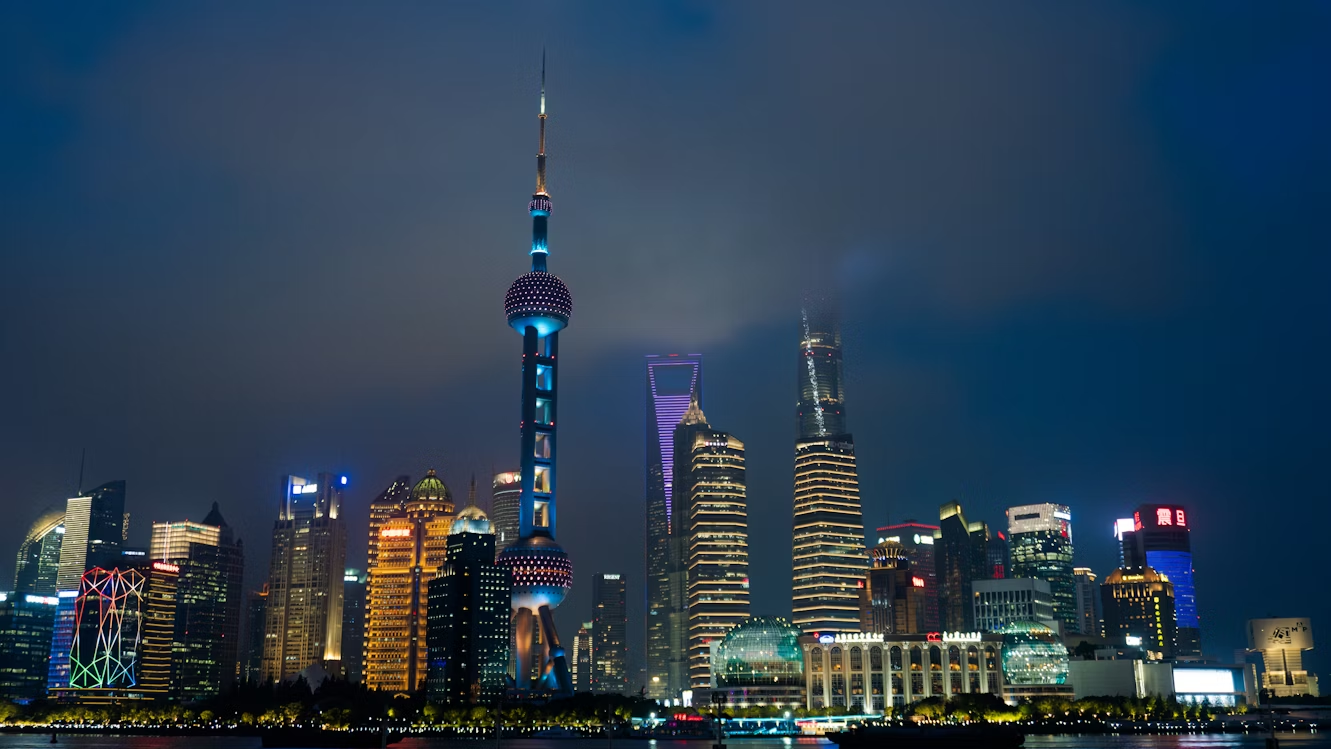Image credit: Unsplash
President-elect Donald Trump and Elon Musk have become inseparable since the former’s election win a few weeks ago. Musk, both the richest man in the world and one of Trump’s top campaign donors, has been trailing the former and future President at his Florida residence, actively participating in nearly every decision made, according to many sources. The tech billionaire has taken center stage in the incoming administration, promising to slash $2 trillion from the federal government’s budget in a newly appointed official position.
A whirlwind relationship between a politician and a financial backer isn’t unusual. What stands out is how much the donor himself is in the spotlight. Senator Tim Walz’s joke that Musk, not JD Vance, was Trump’s running mate rings more true every day. “We’ve never really seen anyone be that directly connected with a campaign unless they were the candidate,” says Jason Seawright, a political science professor at Northwestern University and co-author of Billionaires and Stealth Politics.
Stepping out of the Shadows
Musk is an anomaly among his billionaire class, who have historically influenced global politics from behind the scenes. Musk, on the other hand, has repeatedly demonstrated just how keen he is to reveal himself and revel in the limelight of Trump’s campaign and victory. If billionaires were like the Wizard of Oz, pulling levers from behind the curtain, Musk would be the first to step out from behind that curtain and reveal himself to whoever might be in attendance.
Musk has been demonstrating to other ultra-wealthy members of society a bold alternative to stealth politics, and he has been rewarded for his efforts by Trump in increasingly unprecedented ways. Apparently, a private citizen can grab power in full view of the public—as long as they’re rich enough and have enough fans.
“We are in an era that I call ‘in-your-face oligarchy,’” says Jeffrey A. Winters, a professor at Northwestern who researches oligarchs and inequality. Twenty years ago, it was a challenge to get his students to understand that there were oligarchs in the US. Now, he says, “I have a very hard time getting students to accept the idea that there’s democracy.”
Buying political power is nothing new—but Musk’s brazenness is different. American politics has always been dominated by its most well-heeled citizens, whether by holding office themselves, using their money to get their preferred candidates into office, or helping shape policies. Benefactors are often well-rewarded with access to the levers of government, whether it’s receiving a cushy ambassadorship or cabinet position, securing generous government contracts, acting as informal advisers, steering controversial foreign policy decisions, or taking on a more shadowy but no less influential role.
The Wealthy’s Role in Politics
While both Trump and Vice President-elect Kamala Harris enjoyed an abundance of ultra-rich supporters, just ten billionaires gave 44 percent of all the money supporting Trump. It’s part of why the word “oligarchy” is being thrown around, although not for the first time. “Going back more than 2,000 years in history, oligarch has always referred to people empowered by tremendous wealth,” explains Winters. “That’s always a small part of the population, but they can convert their wealth into political influence.”
Musk donated $130 million to help elect Trump and other Republicans, and he now holds an official appointment in the Trump administration. He will lead the Department of Government Efficiency (DOGE) alongside fellow billionaire Vivek Ramaswamy. The name of the Department, in and of itself, feels like the kind of distorted and malnourished in-joke Musk loves to make. For instance, when the richest man in the world purchased one of the most popular social media sites, he decided to christen his acquisition by walking into the lead offices of said site while carrying a sink so that he could say, “Let that sink in.”
Musk has never been one for subtlety, and his blatant power grab alongside a man who literally smeared him in the press just a few short years earlier is a clear demonstration of buying power and earning faux-admiration from Trump and his supporters. This could be a sign of how billionaires’ political strategies are changing.








